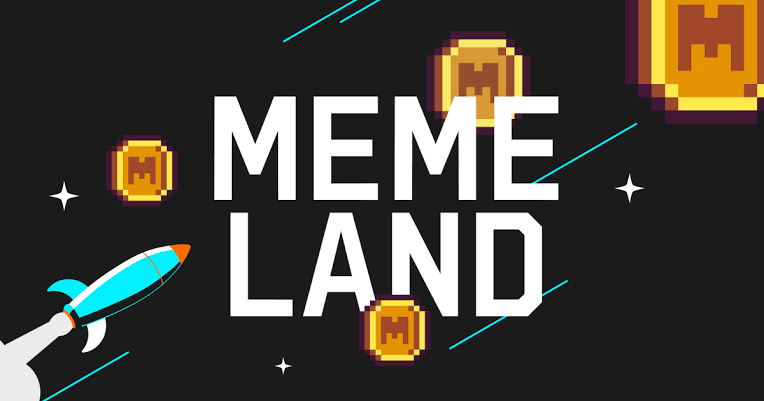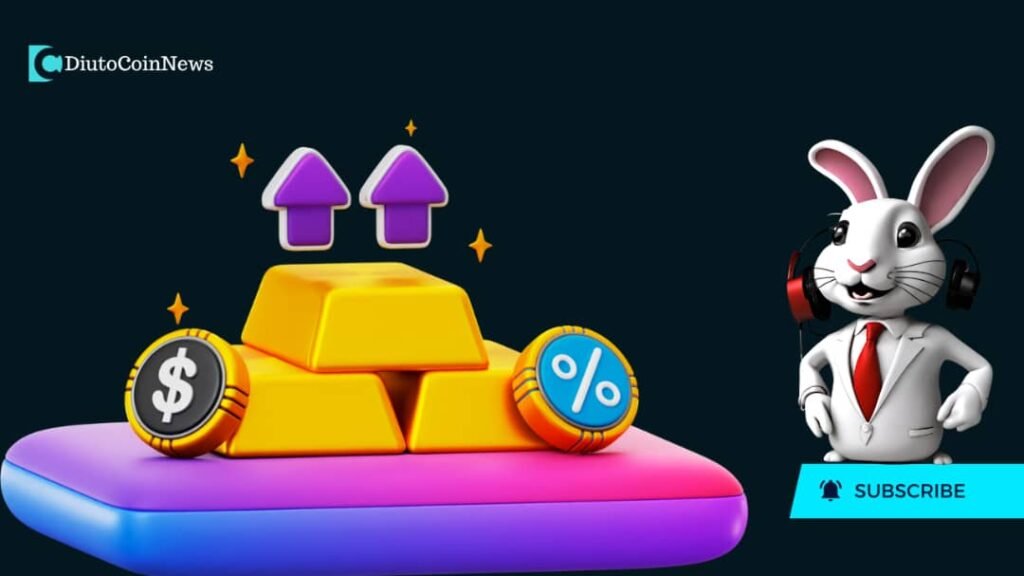Memecoins, unlike utility tokens, lack real-world use, relying on community-driven hype and volatility and overtime, the value of a cryptocurrency has been seen to lie in its utility—how it benefits holders both within and beyond its ecosystem.
Memecoins: A Divisive Trend
While some praise memecoins as fun alternatives to utility tokens, critics argue they trivialize cryptocurrency and distract from meaningful projects.
Former Binance CEO, Changpeng Zhao (CZ), tweeted:
“I am not against memes, but meme coins are getting ‘a little’ weird now. Let’s build real applications using blockchain.”
What Are Utility Tokens?
Utility tokens serve particular use cases, often tied to platforms, projects, programs or protocols, making them practical and widely applicable.
Top 5 High-Utility Tokens in Nigeria
1. Tether (USDT):
Popular for transactions, remote work payments, and hedging against Naira inflation.
2. Solana (SOL):
Used for trading memecoins via Dexscreener, a favorite among Nigerian Dex crypto traders and Degenerates.
3. Tron (TRX):
Powers the TRC-20 network, enabling free transfers and dApp development.
4. Ripple (XRP):
Facilitates fast, affordable cross-border payments, used by Nigerians abroad.
5. LCT Token:
Native to Local Traders, offering fee discounts, VIP support, and zero-fee trades.
Key Points
Utility Tokens: Often better investments due to long-term adoption potential.
Memecoins: Some are evolving to include real-world utility, moving beyond mere hype.
Understanding these differences helps in making informed crypto investment decisions.
Discover more from DiutoCoinNews
Subscribe to get the latest posts sent to your email.













